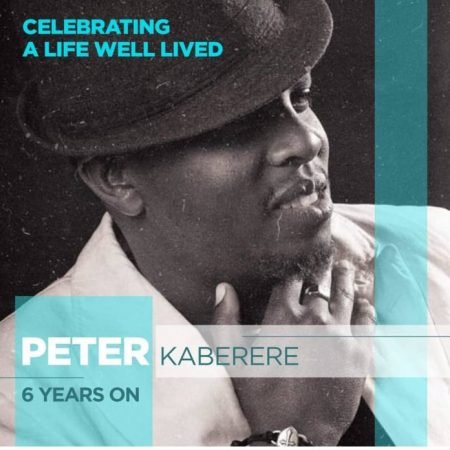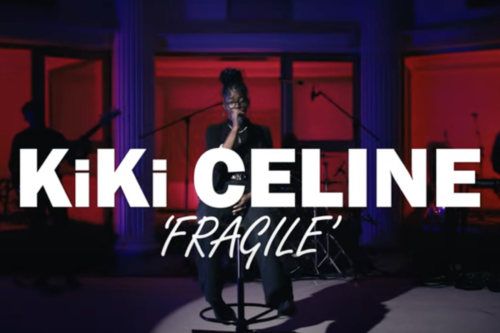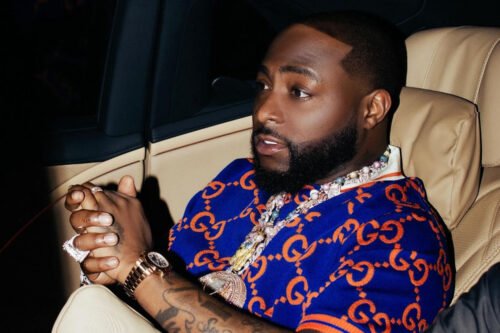Kenyan artists will now start earning more from royalties.
In presidential address on Monday 6 April, President Uhuru Kenyatta revealed that in a bid to empower the youth and foresters sustainable livelihoods, local artists will get a chunk of $2 million every month. This, the president explained, is a result of a collaboration between Ministry of ICT, Innovation and Youth Affairs, Kenya Copyright Board and Collective Management Organizations (CMOs) which set up a centralized payment system.
The announcement was a fulfillment of the President’s directive in January this year that all content service providers were to channel payments to Kenya Copyright Board. It was a move meant to cut out the middlemen and ensure more money reached the actual artists.
The payments are expected to start this week, with $2 million a month going to the artists and an estimated $20 million making its way to their pockets. This is contrast to the payment made to the artists last year, which did not exceed $20,000 . Payments will be made through the centralized system and other platforms.
He further directed the Ministry of Sports, Culture, & Heritage to avail an additional support of $1M from the Sports Fund to artists, actors and musicians, during the period of the covid-19 pandemic. This is to enable them to continue entertaining their fellow Kenyans through TV, radio and the internet.
This move comes at a time when most of the artists are facing uncertain times as events are cancelled, production of new content curtailed and the lack of trust between them and CMOs such as Music Copyright Society of Kenya (MCSK), Performers Rights Society of Kenya (PRISK) and Kenya Association of Music Producers (KAMP).
In February this year, the MCSK announced the distribution of $37.5 million in royalties for a six month period. The list of top earners included Sauti Sol, Nyashinski, Christina Shusho, Mercy Masika, Eunice Njeri among others. It was interesting to note that gengetone artistes who dominated the airwaves for the better part of 2018 and 2019 did not make the list of top earners.
In 2019, there was an uproar after MCSK sent 13,967 artists $25 each as royalties. Defending their move, MCSK CEO Milka Kulati said that it was the highest collection distribution the body had ever done.
“Most of their music is being played by the broadcasters – radio and television and so far, we have not yet started collecting from broadcasters,” she said.
The problem that continues to pit MCSK against its registered artistes has been the latter’s failure to provide accurate and up to date data on the licence fees it collects from the various categories in each reporting period. This raises eyebrows given the fact that licensing is continuous and MCSK has in recent times engaged the help of the police to crack down on public places that have not paid the required fees.
In 2016, the CMO was put on the spot by music group Elani that claimed $160 royalties paid to them that year was not reflective of the massive airplay its songs were receiving.
MCSK later paid the group $3000 as compensation after the issue caused an uproar with other artists sharing similar complaints.







Leave a Reply